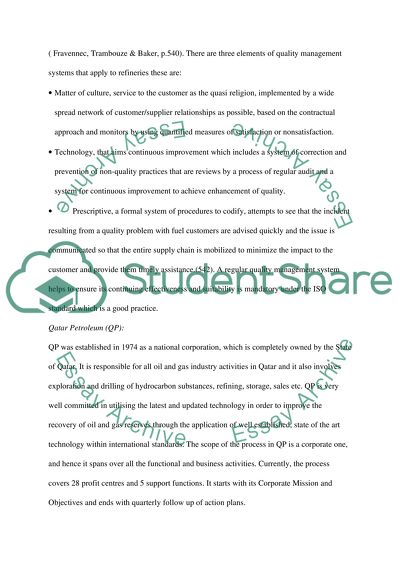Cite this document
(“Quality Management System (Quality in the work environment) Case Study Essay”, n.d.)
Retrieved from https://studentshare.org/miscellaneous/1553719-quality-management-system-quality-in-the-work-environment-case-study
Retrieved from https://studentshare.org/miscellaneous/1553719-quality-management-system-quality-in-the-work-environment-case-study
(Quality Management System (Quality in the Work Environment) Case Study Essay)
https://studentshare.org/miscellaneous/1553719-quality-management-system-quality-in-the-work-environment-case-study.
https://studentshare.org/miscellaneous/1553719-quality-management-system-quality-in-the-work-environment-case-study.
“Quality Management System (Quality in the Work Environment) Case Study Essay”, n.d. https://studentshare.org/miscellaneous/1553719-quality-management-system-quality-in-the-work-environment-case-study.


